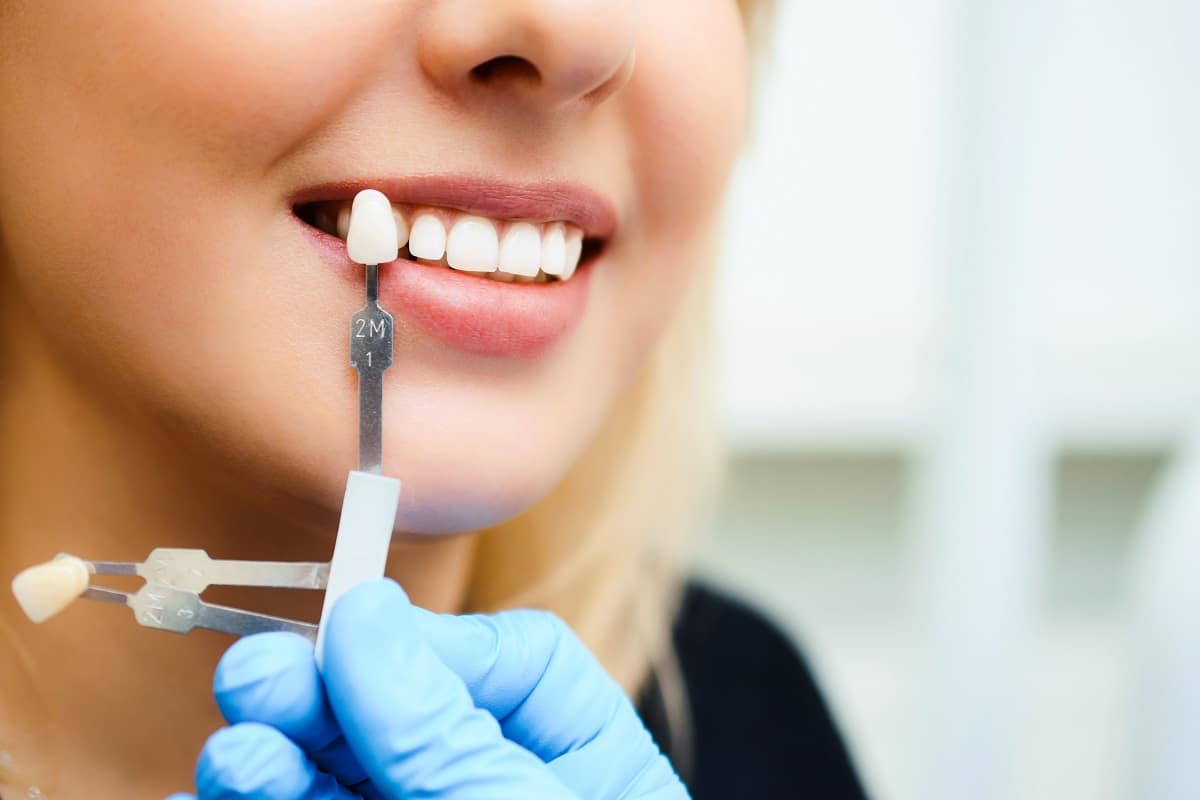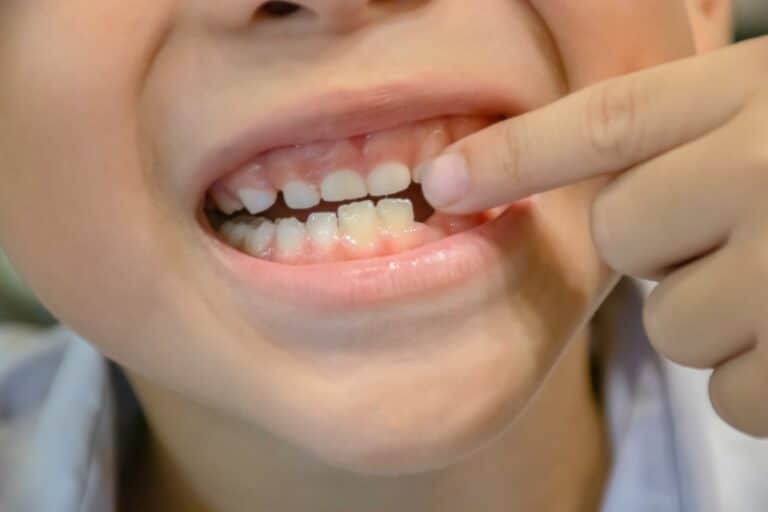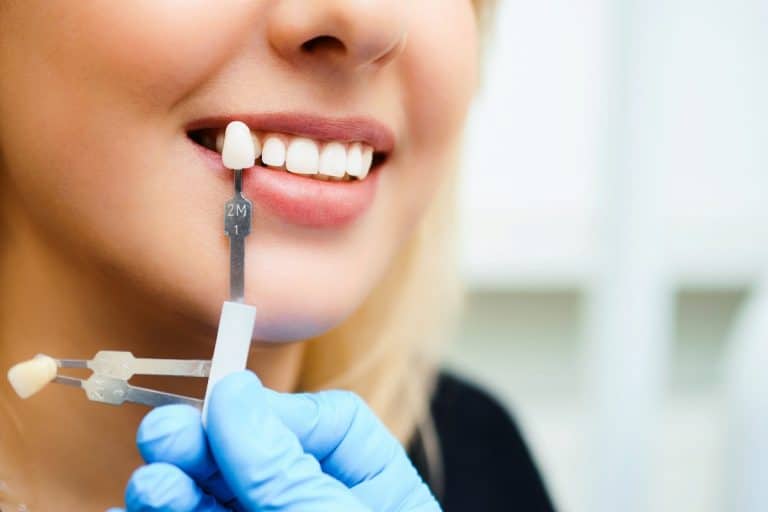If you’re like most people, you probably think of your teeth as purely functional — something to chew with and keep clean.
But did you know that your teeth can actually tell you a lot about your overall health? Here are just a few things your teeth might be trying to tell you.
In This Article
You Might Have Type 2 Diabetes
Type 2 diabetes can have a number of effects on the teeth, ranging from an increased risk of gum disease to a higher likelihood of developing cavities.
One of the most common oral health problems associated with type 2 diabetes is periodontal disease, which is caused by bacteria that build up on the teeth and gums. If left untreated, periodontal disease can eventually lead to tooth loss.
In addition, those with type 2 diabetes often have a higher level of glucose in their saliva, which creates an ideal environment for bacteria to thrive. As a result, people with type 2 diabetes are more likely to develop cavities.
You Might Have Osteoporosis
Osteoporosis is a condition that causes bones to become thin and fragile. It can affect and weaken any bone in the body, including the jawbone.
Over time, this can lead to periodontitis, which is an infection of the tissues and bones that support the teeth.
Periodontitis can cause the teeth to become crooked, loose, and eventually fall out. While crooked teeth can be treated with braces and clear aligners, it’s important to get to the root cause of the problem.
If you think you might have osteoporosis, be sure to see your dentist or doctor for a diagnosis.
You Might Be Pregnant
When you’re pregnant, you experience a surge of hormones that can make your gums more sensitive and prone to inflammation. This can lead to a condition called pregnancy gingivitis, which is a form of gum disease.
Pregnancy gingivitis is relatively common, and affects around half of all pregnant women. The good news is that pregnancy gingivitis is usually mild, and can be easily treated with good oral hygiene and regular dental check-ups.
However, if left untreated, pregnancy gingivitis can increase your risk of developing more serious forms of gum disease. Therefore, it’s important to see your dentist if you notice any changes in your gums during pregnancy.
You Might Be Deficient in Vitamin D
Vitamin D plays a role in oral health, as it helps to keep tooth enamel strong. Dentists often recommend vitamin D supplements for patients with gum disease, as vitamin D deficiency has been linked to an increased risk of periodontal disease.
One of the ways vitamin D deficiency can manifest is through changes in the teeth. Among these changes, vitamin D deficient teeth may show increased yellowness, as well as increased brittleness and fragility. This leads to softer, more porous teeth that are more susceptible to cavities.
You Might Have An Eating Disorder
When most people think of eating disorders, they envision someone who is extremely thin and malnourished. However, eating disorders come in many different forms, and they can cause a wide range of physical and psychological problems.
One of the most common eating disorders is bulimia nervosa, which is characterized by binge eating followed by purging. Bulimia can have a serious impact on dental health, as the repeated vomiting can damage tooth enamel and lead to other oral problems.
Signs that someone may be suffering from bulimia include:
- Frequent cavities
- Tooth sensitivity
- Gum disease
- Bad breath
If you or someone you know has an eating disorder, it’s important to seek professional help. With treatment, eating disorders can be effectively managed and people can regain their health and wellbeing.
You Might Be At Risk for Cardiovascular Disease
There are a few signs that can indicate the presence of cardiovascular disease on teeth.
- Striations: One sign is the presence of horizontal lines known as striations. These lines are caused by wavelike motions in the arteries, and they can be seen on teeth when looking at them from the side.
- Pitting: Another sign is the presence of pitting, which are small indentations on the surface of teeth. Pitting is caused by plaque buildup and can be an indicator of cardiovascular disease.
- Discoloration: Teeth may also become discolored as a result of cardiovascular disease. The discoloration is caused by oxygen-rich blood being diverted away from the teeth, and it can range from yellow to blue in color.
If you see any of these signs on your teeth, it’s important to consult with a healthcare professional to check for cardiovascular disease.










![Home Renovation Guide [2025]](/app/uploads/2021/04/design-hacks-1-378x300.jpg)
